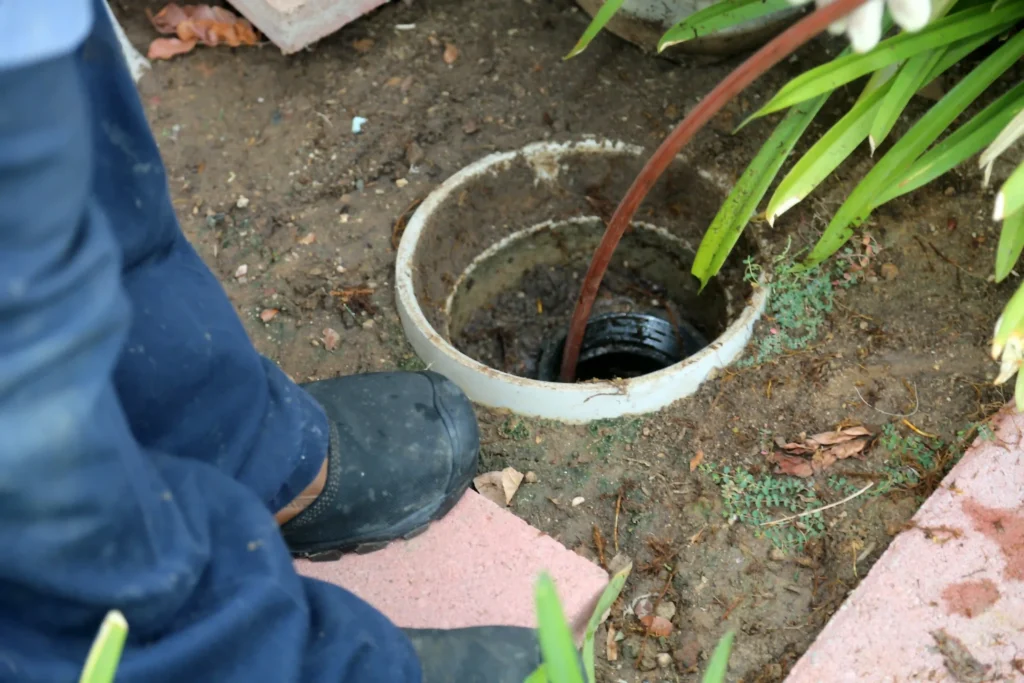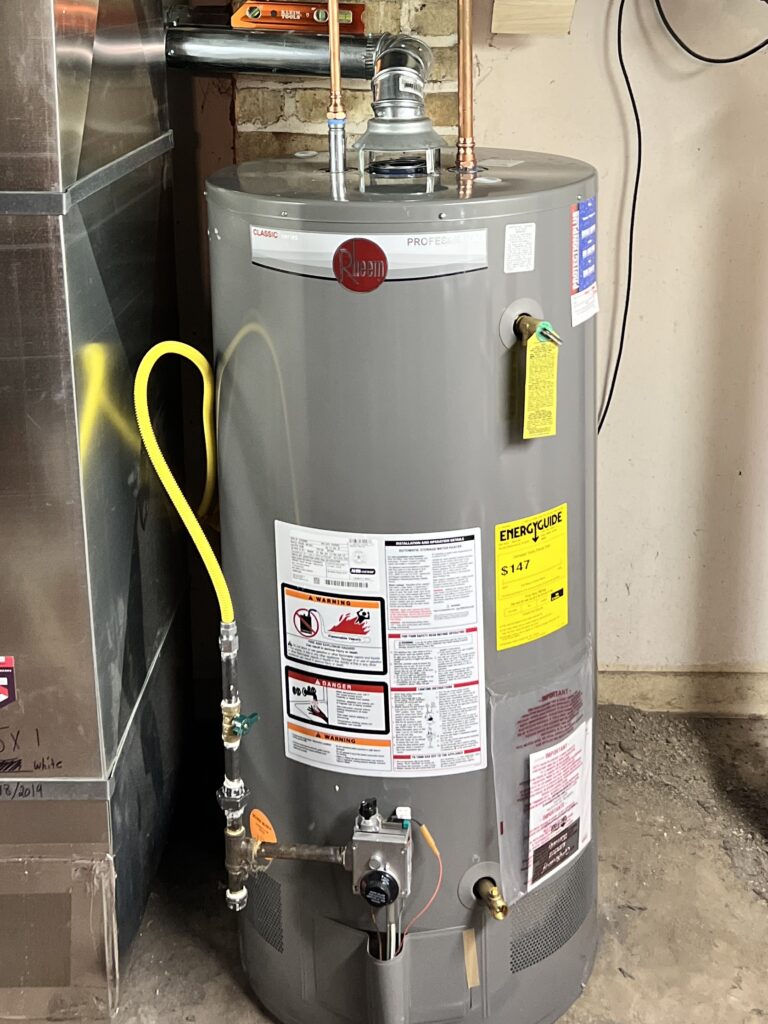

Blog
Combatting dry air in your house this winter
Dry skin? Excessive static electricity? You’re not alone. What causes dry air in your house? As the outside temperature begins to drop, so does the humidity level in your home. Dry air in winter is not able to retain as much moisture as warmer air during the summer months, and this can cause humidity levels to drop as low as 15 percent. When the outdoor temperature is 35 degrees Fahrenheit, the humidity inside your home should be 35 percent.
To know if there is a good humidity level in your home, look for a little bit of moisture on the bottom of your windows. If your windows develop frost or moisture less than 0.5 inches above the bottom, the humidity level is too low, and your house is too dry.
Having extremely low humidity levels in your home can be uncomfortable, so we put together some quick tips to help you combat dry air in your house:

Tip #1: Check for air leaks and seal them.
Always check your windows and doors, but also be sure to check the electrical boxes for recessed lights or outlets, as they’re typically not insulated and can let in dry air. These may seem small, but the extra air coming in can affect the humidity level in your house.
Tip #2: Whole home humidification
Oftentimes older homes aren’t sealed perfectly, which allows cold, dry air to leak in. If your home is over 20 years old, you might benefit from installing a whole-home humidifier to help restore moisture balance to your home.
If you live in a newer home, you might find that you need to de-humidify your home in the winter.Homes built in the last decade are sealed very well with few places for air to sneak inside, leading to higher indoor humidity levels.
Tip #3: Try DIY humidification
There are also a few tricks you can try on your own to add moisture back into the air inside your home:
- Using your stovetop more often to cook or to boil hot water can add humidity back into the air.
- Instead of drying some of your clothes in a dryer, try using a rack or hanging them up to air dry.
- When using your dishwasher, instead of letting the dishes dry with the door closed, open the door and pull out the rack to let the dishes air-dry.
- While taking a shower, keep the bathroom door open and let the steam escape from your bathroom into your house.
- Add some houseplants to your home, which release moisture from their leaves every day. Steps like these won’t completely resolve excessive dry air in your house, but in the cold winter months, every little bit of moisture helps.
If you would like to learn more about humidity control options to better manage the dry air in your house, a Bell Brothers professional is ready to answer your questions.








